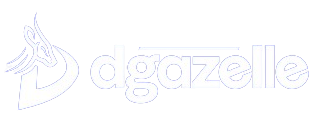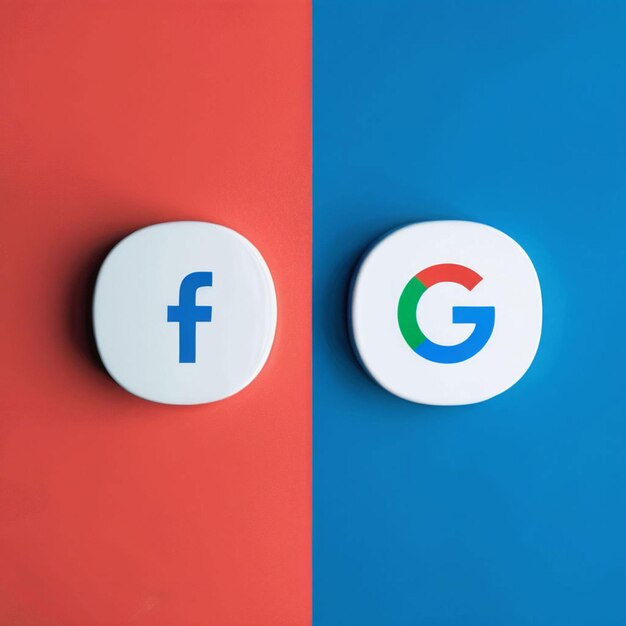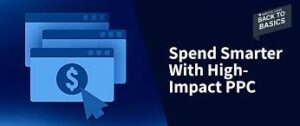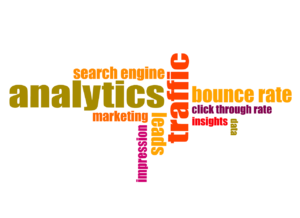Many businesses had a polarizing view of Facebook Ads and Google Ads until now. The long-standing rivalry between the two companies, which is frequently dramatized by technology media outlets, was interpreted as unquestionable proof that the two platforms were in direct competition with one another and that companies of all sizes had to make the difficult decision of which platform was best for their needs. This false dichotomy is still misleading and confusing to those who are unfamiliar with online advertising.
Although the two platforms are sometimes positioned as competitors, nothing could be further from the truth in a practical sense. In order to attain optimal visibility, boost leads and sales, and attract new clients, numerous companies are utilizing the advantages of advertising on Google and Facebook Ads in tandem. They are doing this by implementing distinct tactics that correspond with the features of each platform and experiencing impressive returns on their advertising investments.
Facebook ads vs Google ads
It’s important to comprehend the main distinction between Google Ads and Facebook Ads before we examine their many features and benefits.
Google Search base Ads
The biggest and most well-liked PPC advertising network in the world is Google Ads, formerly Google AdWords. It is now synonymous with “paid search” due to its extensive usage. Though other platforms, such Bing Ads, function similarly, the names are used interchangeably.
Text-based ads and keyword targeting are the main components of paid search. In the hopes that their advertisements will appear alongside search results for these inquiries, advertisers use Google to bid on keywords, which are particular words and phrases included in search queries input by Google users.
The term “pay-per-click advertising” refers to the practice of charging advertisers a set amount of money each time a user clicks on an advertisement. PPC bidding and bid optimization is a complex issue, and beyond the scope of this article, but fundamentally, users are paying for the possibility to find new clients based on the keywords and search terms they enter into Google.
Facebook ads: social connection base ads
Facebook advertisements are a shining example of “paid social,” or social network advertising. Facebook has the most monthly active users (MAUs) of any social network in the world, making it a fiercely competitive and potentially profitable part of the digital advertising strategies of many companies.
While Facebook advertising and Google Ads share certain similarities in that both systems allow advertisers to effectively promote their businesses online, this is where the similarities end. sponsored social helps individuals locate businesses based on their interests and online behavior, as opposed to sponsored search, which helps businesses find new clients through keywords.
The main distinction between Facebook and Google Ads is that: Facebook helps potential consumers find you, whilst Google Ads assist you in attracting new ones.
The benefits and features of Google AdWords
Google is regarded as the de facto leader in internet advertising since it is the most commonly used and well-known search engine in the world. Google provides marketers with access to an unparalleled audience of consumers who are actively searching for products and services, handling over 3.5 billion search queries daily.
There are two main networks that Google offers its advertising on: the Search network and the Display network. All of Google’s search functionality is included in the Search network, where advertisers can bid on millions of keywords and phrases to reach potential clients.
About 98% of the World Wide Web is covered by the Google Display Network, which gives advertisers more visual ads like banners. This makes it an excellent option for advertisers looking to achieve marketing objectives that aren’t as conversion-driven as PPC ads, like using banner ads to increase brand awareness widely.
Google Ads offers numerous advantages, starting with its massive audience reach. Handling over 1.2 trillion searches annually, Google provides advertisers with a vast potential customer base. Its advanced AI, RankBrain, continues to improve search accuracy, enhancing opportunities for businesses to reach relevant users.
Google Ads operates on a level playing field, where ad quality and relevance matter more than budget size. Advertisers with well-optimized ads often outperform those with larger budgets but lower-quality ads. Google rewards relevance, making PPC success achievable for businesses of all sizes, especially when focusing on metrics like click-through rate, which is key in evaluating ad performance.
Another strength of Google Ads is its diverse range of ad formats. While originally limited to text-based ads, today’s options include ad extensions, sitelinks, social proof, and more, offering customization options for various business types. Google’s tailored formats, such as for hotels and car manufacturers, further enhance the potential for advertisers to effectively engage their target audiences.
Facebook ads strengths
Facebook ads, as they currently exist, may seem like a scruffy newbie when compared to Google Ads, but Facebook has been honing its advertising offering for a number of years. Facebook Ads is now a leader in the sponsored social media space and a key component of the digital marketing plans of many small business.
Facebook Ads offers unparalleled audience targeting thanks to its vast global user base of over 1.55 billion active users. While Facebook’s sheer scale is impressive, its real power lies in the granularity of its targeting capabilities. Advertisers can leverage detailed user data, such as life events, interests, and behaviors, to create highly specific ads tailored to their audience. One notable feature is “lookalike audiences,” which allows advertisers to upload customer data and target new users with similar interests, effectively doubling their reach.
Facebook is an inherently visual platform, setting it apart from the text-heavy nature of platforms like Google Ads. The most effective Facebook ads blend seamlessly with the content in users’ News Feeds, allowing advertisers to harness the persuasive power of visuals. This visual focus enables businesses to create compelling, aspirational ads that drive engagement and conversions.
One of the biggest win of Facebook Ads is its incredible return on investment (ROI). Despite campaign costs varying based on scope and objectives, Facebook Ads are affordable, offering high impact at a competitive price point. The platform’s precise targeting options allow advertisers, even those with limited budgets, to maximize their ad spend, making it a highly attractive option for small businesses and companies seeking cost-effective marketing solutions.
Which platform should a small business owner use?
Google Ads and Facebook Ads are two highly effective advertising platforms that are suitable for almost any kind of business. It becomes clear from assessing the benefits and possible uses of each solution that the two platforms should be seen as complementary rather than antagonistic. There are many who insist on drawing comparisons between Facebook Ads and the Google Display Network. Although there are certain similarities between the two platforms, their autonomous evolution suggests that Google and Facebook should work together rather than against each other.
Using sponsored search and paid social media to their full potential is a very successful advertising approach. But it requires a two-pronged advertising approach that plays to each platform’s advantages. Even though marketing messaging for Google and Facebook Ads can—and perhaps should—remain consistent, it’s critical to know how to use each platform for optimum return on investment and increased business expansion.
GET IN TOUCH
Running Ads is a powerful way to promote your business online, but not every small business owner or entrepreneur know which platform that work best for their business, if you happen to be in this category, let us help you. Schedule 15 free mins call now with us







